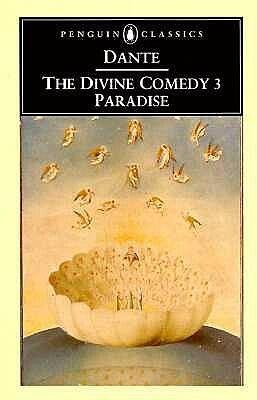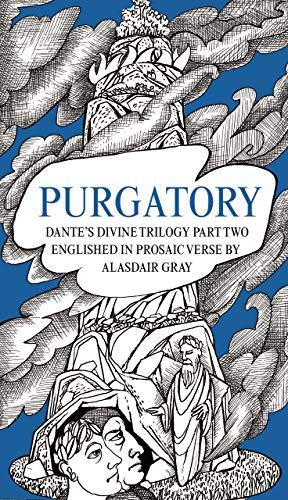
PURGATORY: Dante's Divine Trilogy Part Two. Englished in Prosaic Verse by Alasdair Gray
아직 평점이 없습니다
Thriller & Suspense
Action & Adventure
History
+2
more
형식
킨들
페이지
144
언어
영어
출판됨
Oct 3, 2019
출판사
Canongate Books
ISBN-10
1786894769
ISBN-13
9781786894762
설명
In the second part of Dante's renowned trilogy, the reader is invited to traverse the haunting landscapes of Purgatory, a realm of transition where souls are purified before their ascent to Paradise. Alasdair Gray's prosaic verse breathes new life into Dante's original Latin text, making it accessible and engaging for contemporary readers. Gray's distinctive style infuses the timeless themes of redemption and forgiveness with a fresh vibrancy, inviting both reflection and contemplation.
As Dante navigates through the terraces of Purgatory, he encounters a rich tapestry of souls wrestling with their past sins, each narrative interweaving personal struggles with broader spiritual lessons. Gray captures the essence of these encounters, highlighting the profound connections between the individual and the divine. The bilingual format offers readers a unique opportunity to experience the lyrical beauty of Dante's work alongside Gray’s engaging modern interpretation.
This volume stands as a testament to the enduring power of Dante’s vision, bridging the historical and the present. It invites readers to explore their own spiritual journeys while being immersed in the rich allegorical layers that characterize this pivotal section of the Divine Comedy.
As Dante navigates through the terraces of Purgatory, he encounters a rich tapestry of souls wrestling with their past sins, each narrative interweaving personal struggles with broader spiritual lessons. Gray captures the essence of these encounters, highlighting the profound connections between the individual and the divine. The bilingual format offers readers a unique opportunity to experience the lyrical beauty of Dante's work alongside Gray’s engaging modern interpretation.
This volume stands as a testament to the enduring power of Dante’s vision, bridging the historical and the present. It invites readers to explore their own spiritual journeys while being immersed in the rich allegorical layers that characterize this pivotal section of the Divine Comedy.
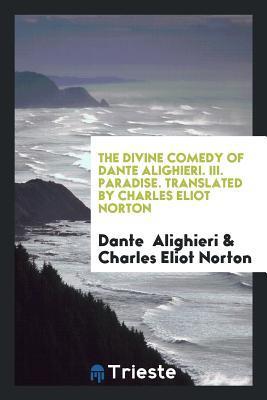
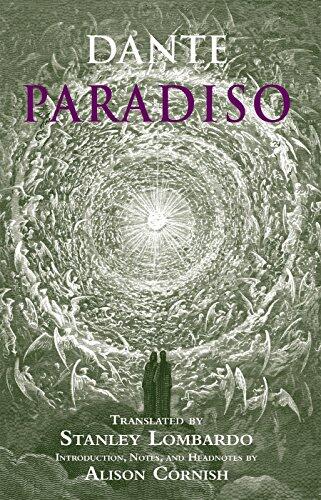
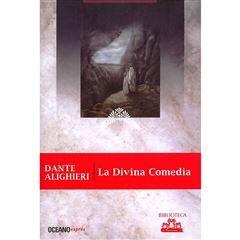
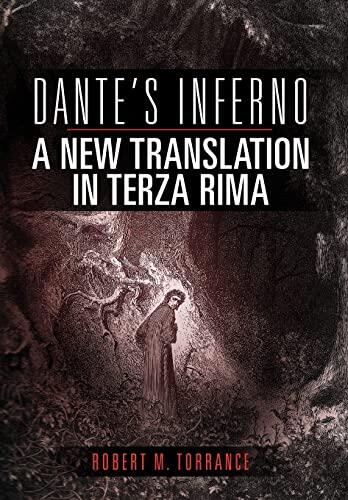
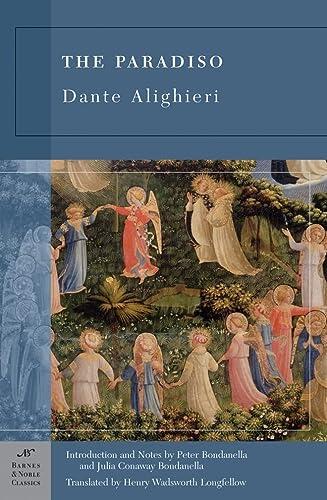
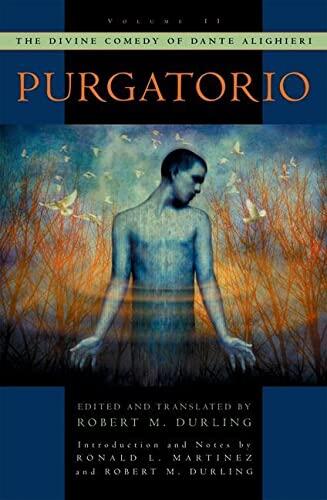
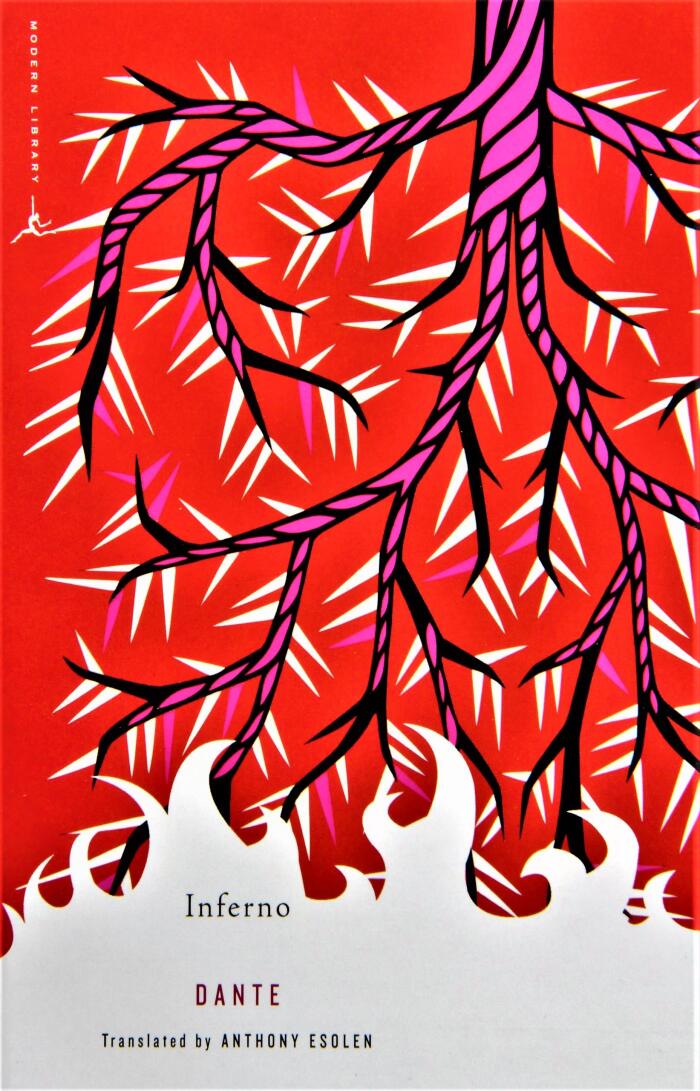
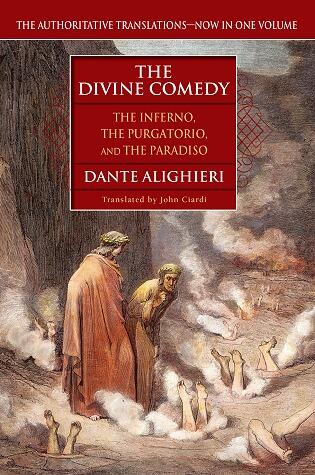
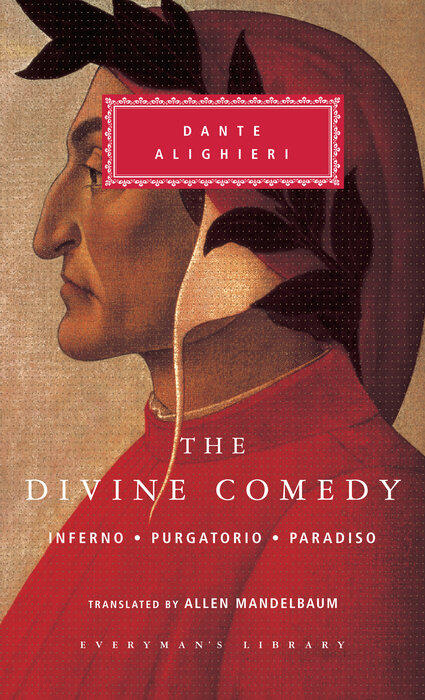
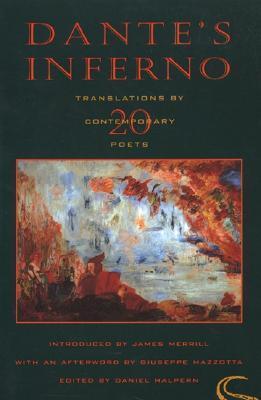
![The Inferno (Signet Classics) [Mass Market Paperback] [2009] Reprint Ed. Dante Alighieri, John Ciardi, Archibald T. MacAllister, Edward M. Cifelli](https://images.bookpine.com/c1efbcdd-6eaf-4b7b-952d-bb8712967335.jpg)
